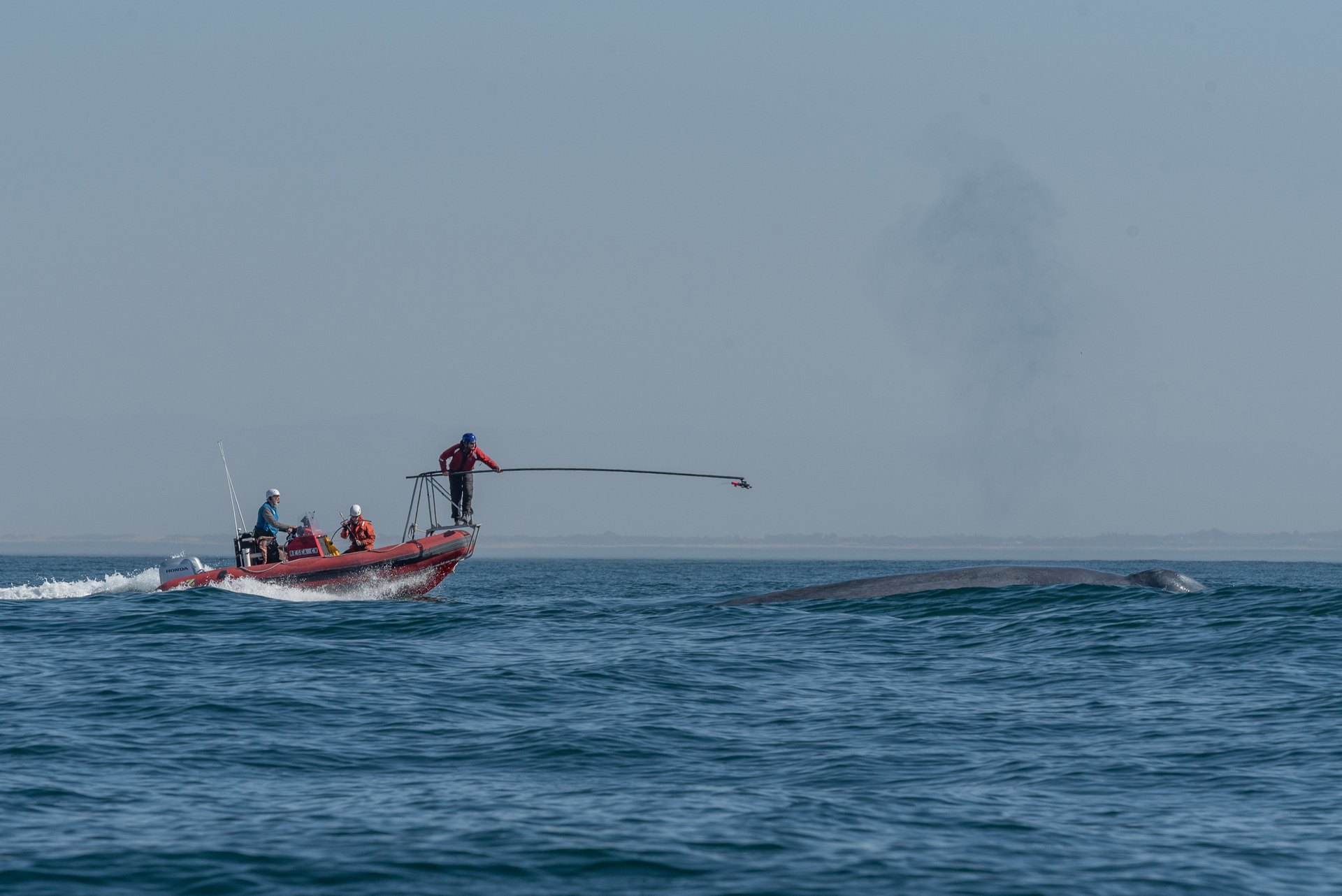Researchers from Stanford University have succeeded in recording the heartbeat of the blue whale (the largest animal on Earth) for the first time. The results published show that the heartbeat of the world’s largest animal has “extreme extremes,” which are further apart than previously thought.
To measure the heartbeat of the blue whale, the researchers had to attach a specially developed sensor with suction cups near the heart of the animal.

Attaching the suction cup is harder than it sounds
Attaching the suction cup is no easy task since a blue whale hardly ever exposes its belly. In addition, the animal’s body expands considerably while feeding, allowing the suction cups to release again.
Luckily this did not happen: one of the researchers was able to attach the measuring equipment on the first attempt, after which the sensor slid to a spot near the left fin. Here the animal’s heartbeat could be measured successfully.
Heart rate reduced to two beats per minute
According to the researchers, the results show striking extremes. During one of the animal’s dives, the whale’s heart rate slowed down to a minimum of two beats per minute.
After the whale had finished feeding and resurfaced, its heartbeat increased considerably. The highest measured heart rate was 37 beats per minute.
The results
The measurements are in line with expectations that large mammals have a low heart rate, but no one expected it to be this low. According to the researchers, the extreme extremes show how the blood circulation of the blue whale can easily adapt to the effort of the animal, for example during diving.
Looking at the results, the researchers believe that the heart of the blue whale performs at its maximum capacity, this could explain why the blue whale is the largest animal on earth. A heart would not be able to handle a mammal with a larger body and a larger need for energy.
Header image credits: janeb13





















